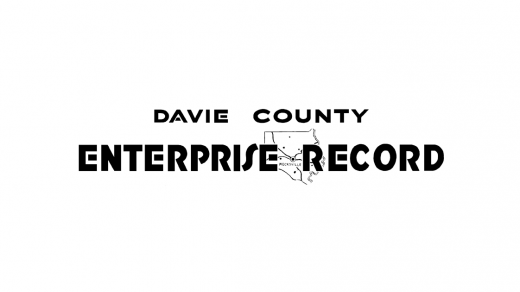National event to mark organic dairy cattle’s release from winter barns has been online only since 2020
Rural Denmark will come to a standstill on Sunday when for the first time in three years its inhabitants will be able to stand in a field in large numbers to watch the moment when Denmark’s 200,000 organic cows are let out of their barns for “summer” to graze on grass – an event so exciting that the creatures run, leap, buck and “dance” with joy.
Økodag, or dancing cow day, as it is affectionately known, marks the start of the outdoor season for all organic cows in Denmark. Children scramble up hay bales to get a better view and parents hold camera phones poised to capture the magic at midday precisely when the cows are released nationwide.
The first Økodag was held in 2005 with 10,000 visitors. Since then, 1.2m people have joined the annual ritual. “Thanks to Covid, we’ve been digital for the last two years, with only a live stream for people to watch, so everyone’s looking forward to getting close to the cows again,” said Louise Køster, the chair of Organic Denmark.
“The cows are so happy to be outdoors, to feel the sun and the wind, that they dance,” she said. “Out in the field, a cow can also go for her favourite dishes – grass, clover, various herbs etc.”
A certified organic animal must be outside eating grass for at least six hours a day between April and November in Denmark, occasionally a challenge with the unpredictable Danish weather. Farmers had to bring the cows in until the ground was frost-free in 2013 and it was so cold in 2014 that the herd ran straight back to the barn after their Økodag release.
The forecast this year is a more cow-friendly 7C, but day-trippers are still advised to wrap up warm for the 42 events across the country.
As well as dancing cows, visitors can take a tractor ride, tour a milking parlour or marvel at the automatic brush mechanisms set up to give cows a back scratch. All before being sent home with a party bag of organic potatoes, at least if the last in-person Økodag in 2019 is a guide.
“It’s just the best day,” said Køster. “People get really into it and farmers explain how milk goes from farm to table, so that if you drink dairy, you do so mindfully.” There’s also an attempt to rehabilitate the image of the cow. “We talk about their role in the ecosystem, how they contribute to biodiversity, how we need fewer fields dedicated to feeding animals and more producing food for people,” said Køster.
“We’re looking at ways to keep cows grass-fed all year round, to dry and bale summer grass to last the winter and give cows the nutrients and proteins they need.”
Denmark was the first country in the world to introduce a state-controlled organic label in 1990. The country has the highest organic market share in the world with 12.8% of food bought in supermarkets and every third carton of milk purchased certified organic.
But there’s still work to be done, said Køster. “Something like Økodag is a great opportunity to highlight how it takes both producer and consumer to make changes.”



